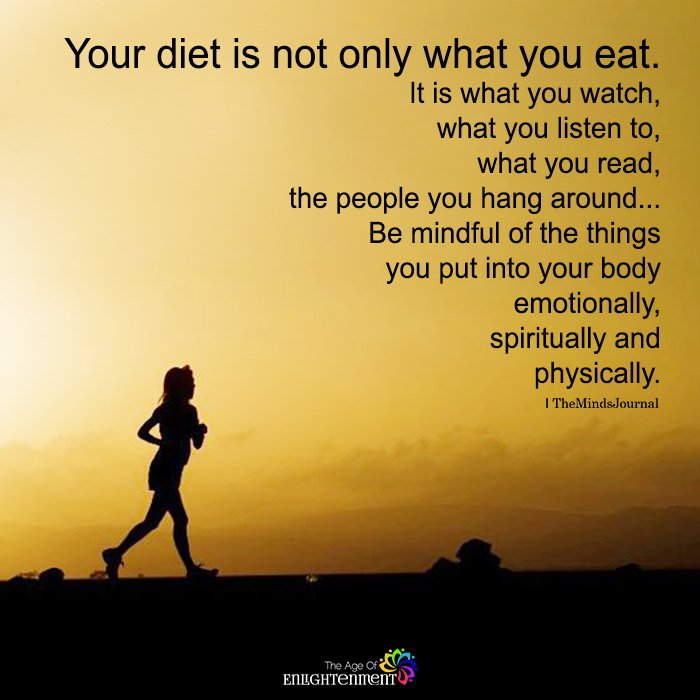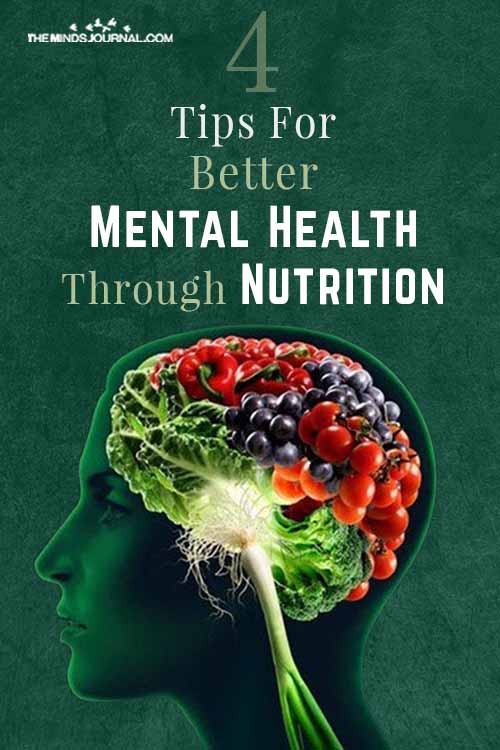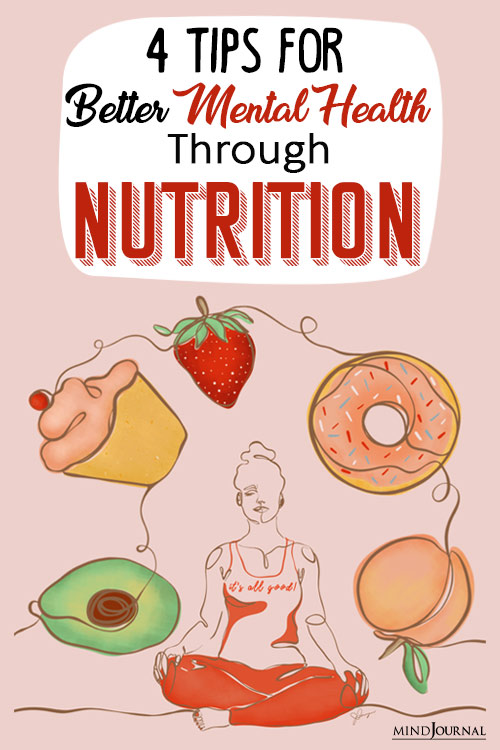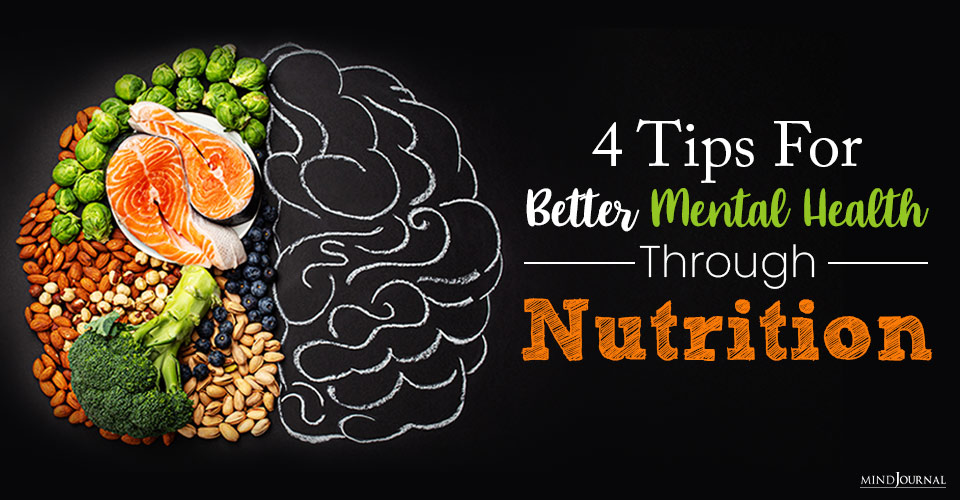A large body of evidence suggests that nutrition is as important to mental health as it is to physical health. While picking up foods, we always think about our physical health, but did you know, our diet has considerable impact on our mental wellness too?
If there’s one lesson I’ve relearned during the last few months it’s this: what I eat makes a difference in how I feel. The role that nutrition plays in your mental health has been confirmed in numerous studies. Of course, diet and nutrition are not the sole triggers for mental illness. Nor are they the defining reason for subsiding symptoms.
That said, optimizing your nutrition is a great way to help make sure you’re sending your mental health up for success. While I could write a novel on the subject of mental health and diet, I promise I won’t. Instead, I want to focus this article on two challenges my clients report: depression and anxiety.

Here’s four easy to implement considerations for nutrition that can help depression and anxiety.
1. Drink Less Caffeine
You know I love my first cup of coffee. Yet, I typically have only that one cup. That’s because while a cup of coffee or an energy drink might seem like a helpful energy boost, but it can have a detrimental effect on your mental health if you suffer from anxiety.
Caffeine is a psychoactive drug that can change the mind’s mood or perception. It causes nervousness, tension, and jitteriness. Adding caffeinated products to an already elevated anxiety level is never a good idea.
Many of the side-effects displayed from the use of caffeine are the same as those experienced at the beginning of a depressive episode, or during the onset of a panic attack.
2. Avoid Refined Sugar
Sugar is found in almost everything we eat or drink. There is technically no nutritional value in sugar, and research has indicated that children whose mothers intake higher amounts of sugar while pregnant are more likely to have emotional problems in childhood.
Related: 15 Enlightening TED Talks on Emotional Intelligence
In adults, the risk of depression is greatly increased with diets that include heightened amounts of sugar. The crash from a sugar rush causes mood changes, difficulty focusing, and heavy fatigue.
Everyone knows that tired, exhausted feeling from a sugar crash. Science even shows that it makes decision-making harder.
3. Incorporate Omega 3 Fatty Acids into Your Diet
The initial spark of interest in Omega 3 fatty acids began with the knowledge that depression was much more infrequent in areas of the world where diets are higher in these fatty acids.
Omega 3 acids are crucial for proper brain function. They interact with your mood and alleviate inflammation, which is both helpful in warding off depression. Diets that are rich in Omega 3 can reduce the possibility of depression by as much as 30%.
Related: 10+ Immunity Boosting Foods You Should Have More Often
Some of the foods rich in these fatty acids are:
- Salmon
- Trout
- Sardines
- Mackerel
- Oysters
- Herring
- Anchovies
Other foods that contain Omega 3 fatty acids include green leafy vegetables (like spinach and brussel sprout), broccoli, walnuts, chia seeds, and flaxseed.
Cod liver oil and flaxseed may be taken as a supplement if you’re concerned that you might be deficient in Omega 3’s. Harvard University is studying the effects of Omega 3’s, alone or with vitamin D, for the prevention of depression in adults.
Watch this video to know how nutrition affects mental health:
4. Consume Vitamins D and B
Did you know that most Americans have low levels of Vitamin D? It was one of the things my doctor noted in my last blood work. So, I sure have paid better attention to how to get enough in my daily diet. And it can be easier than you think.
Many of the foods rich in Omega 3 fatty acids are also great sources of vitamin D, which is a vital part of healthy brain functioning in mood, problem-solving, focus, and reasoning.
Insufficient vitamin D intake can lead to anxiety and depression. Along with the foods containing fish oil, good sources of vitamin D include egg yolks, beef liver, orange juice, mushrooms, and some cereals.
Related: Music Therapy for depression – how can it heal you?
The rawest, most potent source of vitamin D is sunlight. Depression is at a higher incidence when sunlight is diminished during the winter months. Sunset is hours earlier than in the spring and summer months so make sure you plan accordingly and get outside!
Related: Diet & Depression: 6 Ways Food Impacts Your Mental Health
B complex vitamins help control neurotransmitters like serotonin. The best ways to get B complex vitamins are from meats, whole grains like brown rice and barley, green leafy vegetables such as broccoli and spinach.
Legumes, nuts, and seeds like sunflower seeds and almonds are also high in B complex vitamins. Also rich in B vitamins are fruits such as citrus fruits, avocados, and bananas. Supplements are also available for B complex vitamins.
Healthy eating habits are good for the waistline but are good options to explore for improvement in mental health. Depression and anxiety can be debilitating and scary to deal with, never be afraid to reach out for help.
Are you ready to boost your mental health through nutrition? Share your thoughts in the comments.
Written by - Debra Smouse
Originally appeared on - Debra Smouse












Leave a Reply